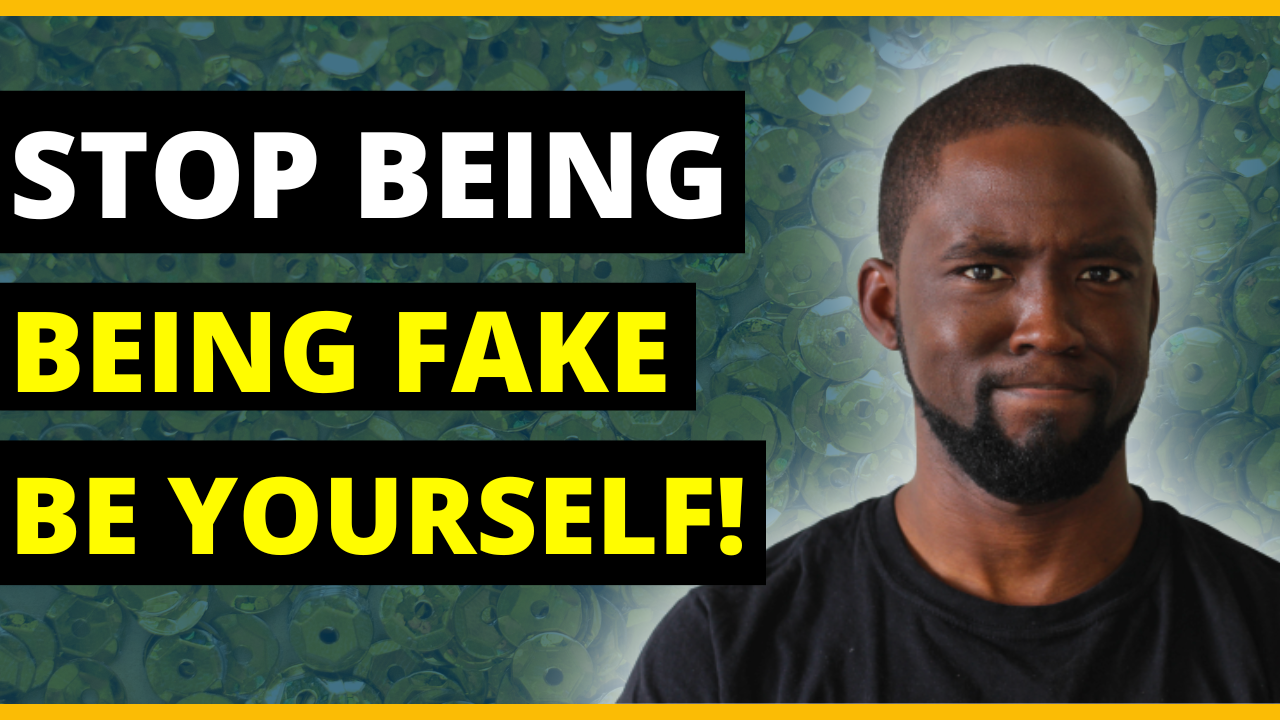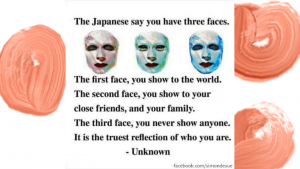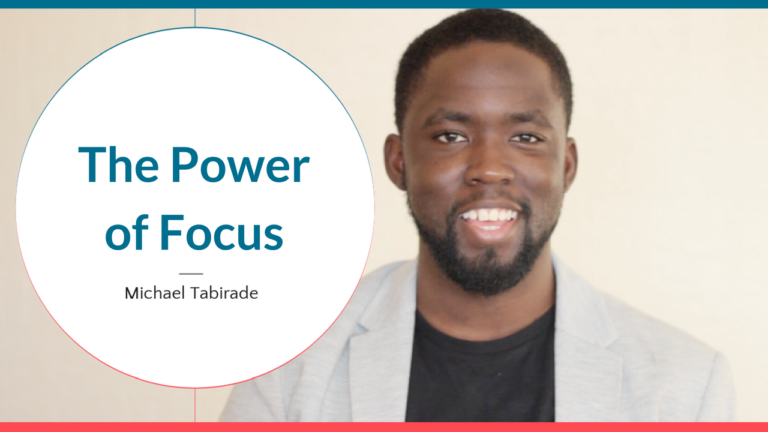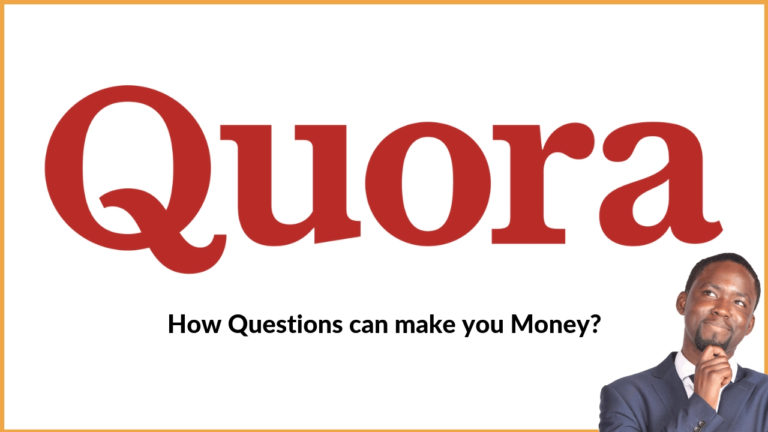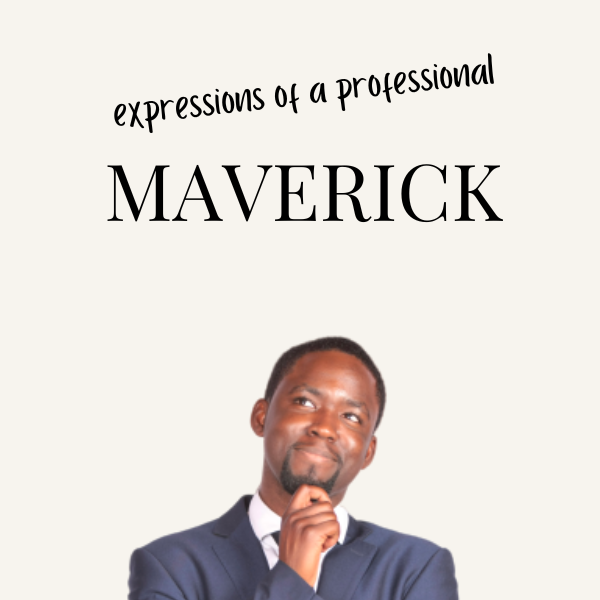How to be your authentic self (and not fake!) this year | 3 Key ways
Authenticity is important, but do we know how important it is to our every success and wellbeing?
This newsletter is about the Authenticity scale, and how authentic you are being as a person.
N.B. If you would prefer to watch a video version of this you can do so here.
Studies have shown that authenticity is important for leadership and wellbeing.
Low levels of authenticity can lead to low wellbeing and psychological challenges. It requires one to be their honest selves, and far removed from showing a self that is dishonest.
In the article The Authenticity Scale: Validation in Russian Culture, it states that
“Authenticity is considered a trait responsible for a person’s ability to be oneself. It helps people resist environmental pressure and prevent self-alienation, which contributes to maintaining psychological wellbeing.”
Introjections from significant people chip away at people being their complete selves. The scripts and schemas developed have created a polarised view of their self-image.
In effect, this damages one’s self-esteem and confidence levels, and develops people-pleasing traits. This creates cognitive dissonance.
Let’s explore this a little deeper!
You can’t always be authentic
As highlighted before, there are three factors on the authenticity scale. I will also discuss the concept of self-monitoring, to add depth to this session. Here are the main subtopics for discussion.
- Authentic Living
- Self monitoring
- Accepting external influences
- Self-alienation
So with that said, let’s get started!
Authentic Living
The first factor on the scale is Authentic Living. This is staying true to your word. What you say and do reflects in your behaviours, hence why I bang on about Values so much!
A quick reminder:
Values are what we believe to be important. They help us make decisions that determine our destination, and therefore our destiny. A lack of authenticity creates cognitive dissonance. You are essentially far removed from this self.
This cognitive dissonance creates a gap with your self-image, and how you present yourself to the world. Here is a quote to bear in mind:
Self monitoring
We cannot always completely be authentic as we use self-monitoring. This helps us to accommodate for social interaction and situations. Self-monitoring depends on our perceptions and the social situations we are in.
There are different types of self-monitoring, low and high. If you have a low self-monitoring trait, you are more likely to express raw emotion. Usually, it is hard for you to manoeuvre in social situations and form strong relationships.
If you perform high self-monitoring, you are more cognisant of how to manage social interactions. There is a greater degree of emotional intelligence incorporated.
Accepting external influences
The second factor is Accepting External influences. This relates to the degree to which people influence you. This links to having either low or high forms of self-monitoring.
Knowing how to respond to this based on societal norms displays how you accept external influences. The modern day external influence we can all relate to is social media. We can get drawn into the infinity pool of its endless pits of data. This can condition us to change how we make decisions and how we view ourselves.
External factors are less likely to effect great leaders as they have a better locus of control. In other words, they are resilient, and they focus on what they can and cannot control.
Self-alienation
Finally there is self-alienation and talks about how comfortable we are in our own skin. Self-alienation is the result of not committing to authentic living. It is the over acceptance of external influences. It is where there is a disparity between what you experience and your awareness of it. This is where cognitive dissonance is at its strongest.
As you can see, awareness of self and others is fundamental to being your authentic self. It also shapes how you interact with people. Mature self-monitoring can help you be more authentic. This will help you live a life aligned to a better sense of achievement, joy, learning and meaning.

The key takeaways are:
- Authentic living is aligning your words with your deeds.
- Self-monitoring is your ability to manage how you respond in social interactions.
- Accepting external influences looks at whether you respond to the world.
- Self-alienation is whether you feel yourself.
You can watch the video version of the newsletter below.
If you want I can help you in the following 3 ways:
- Secure the Job: A step-by-step course that unveils systems and strategies for getting a new job.
- The Independent Consultant UK: A guide to becoming a contractor in the UK. This is a step-by-step walkthrough of my experiences. It hosts exclusive information to help you transition into the space of contracting.
- Book a call: Let’s have a chat to focus on your life areas and where you can have the biggest impact. If it makes sense, we can progress towards procuring coaching or mentoring.
Build your portfolio career using systems intelligence & positive psychology.
Join other subscribers who get 1 practical tip every Sunday afternoon.
By entering your name and email address you agree to receive content and promotional offers centred around personal and professional development from Michael Tabirade. You can unsubscribe whenever you want to.
